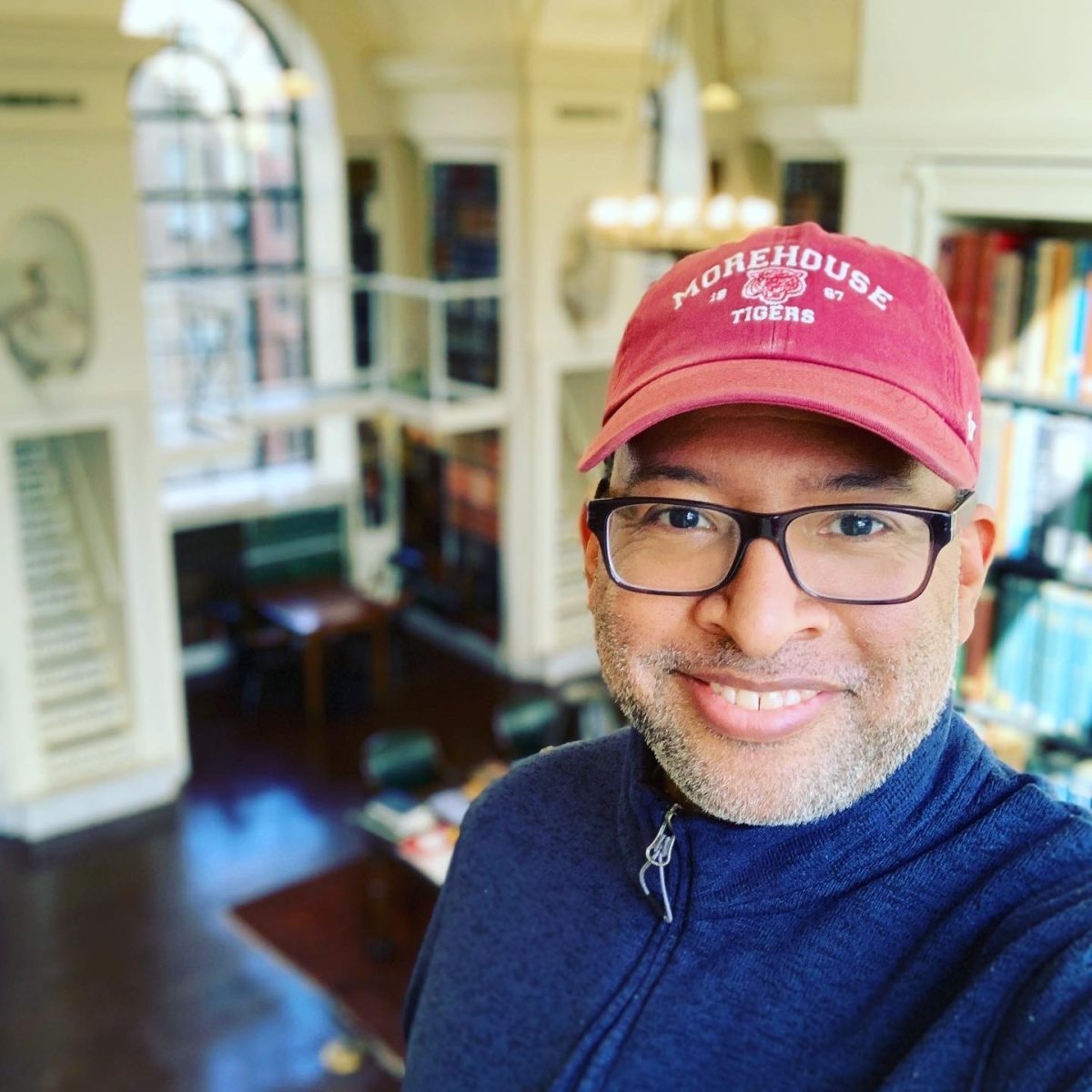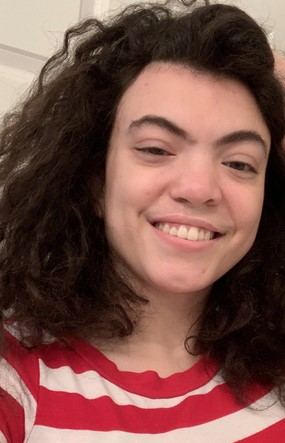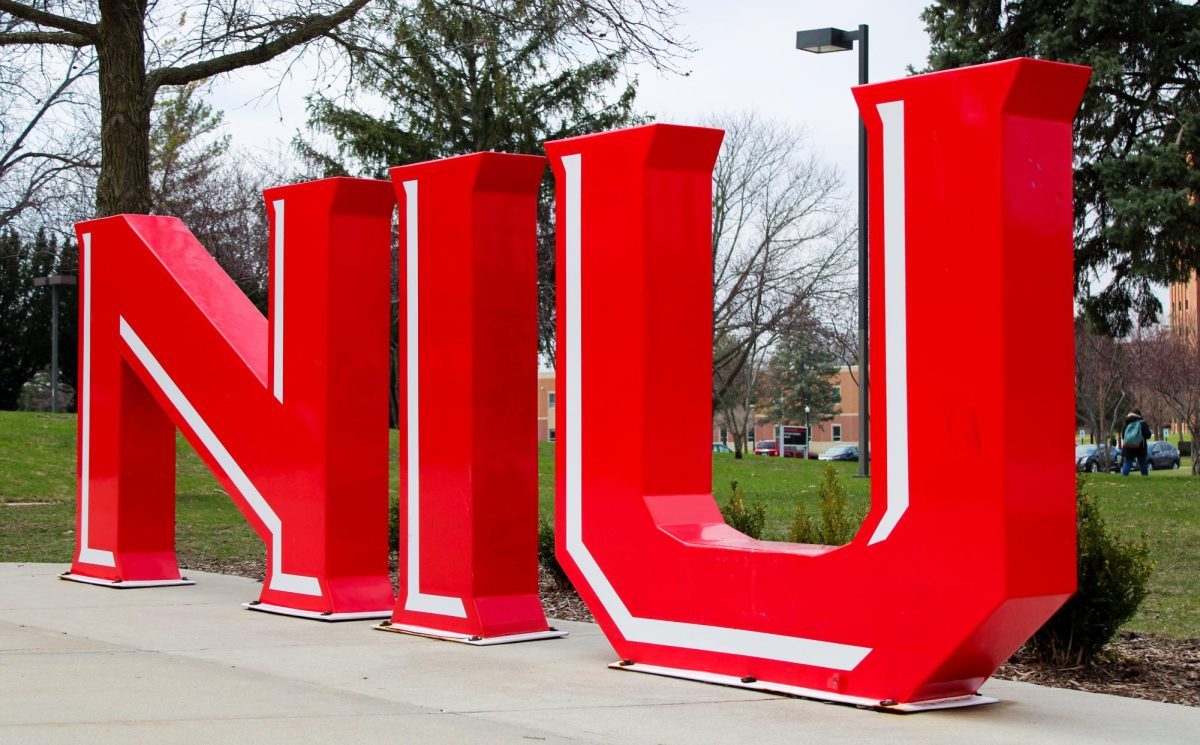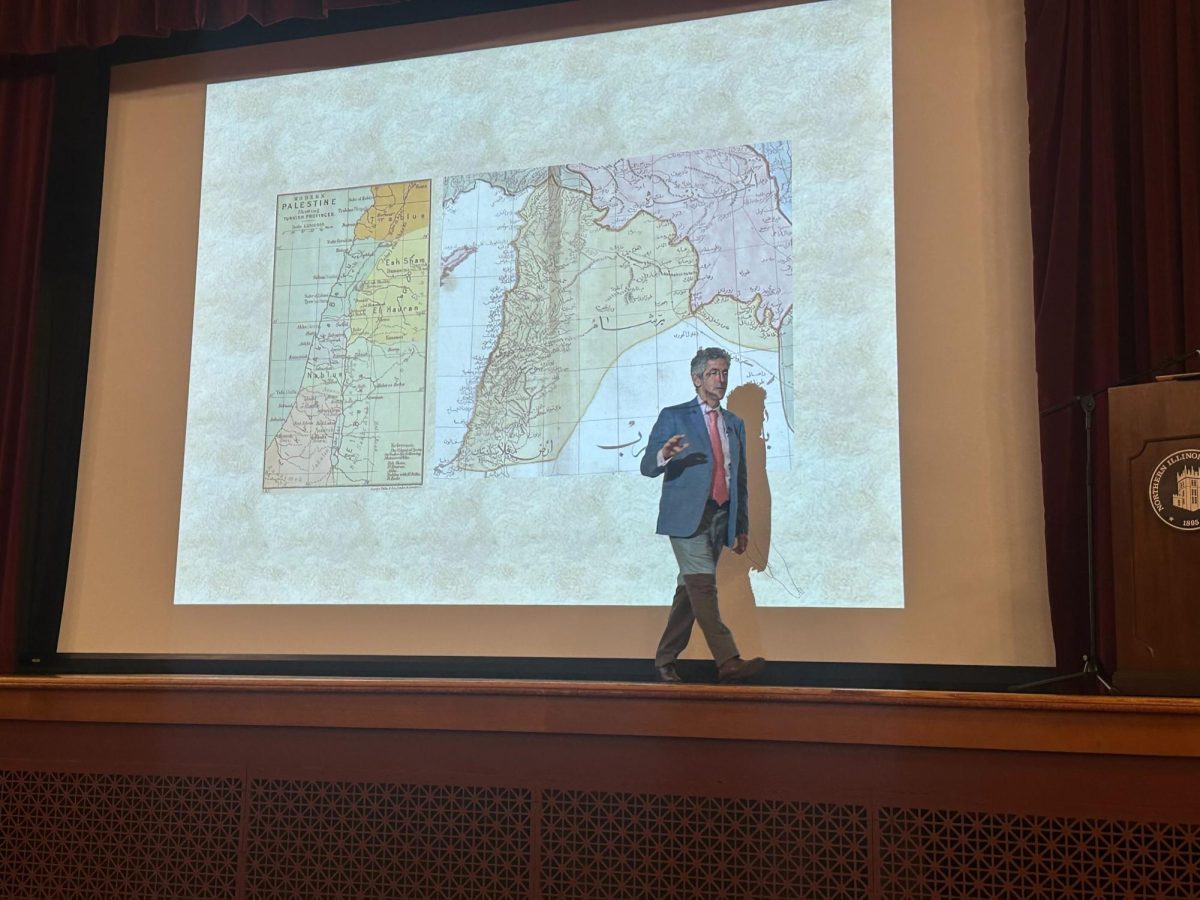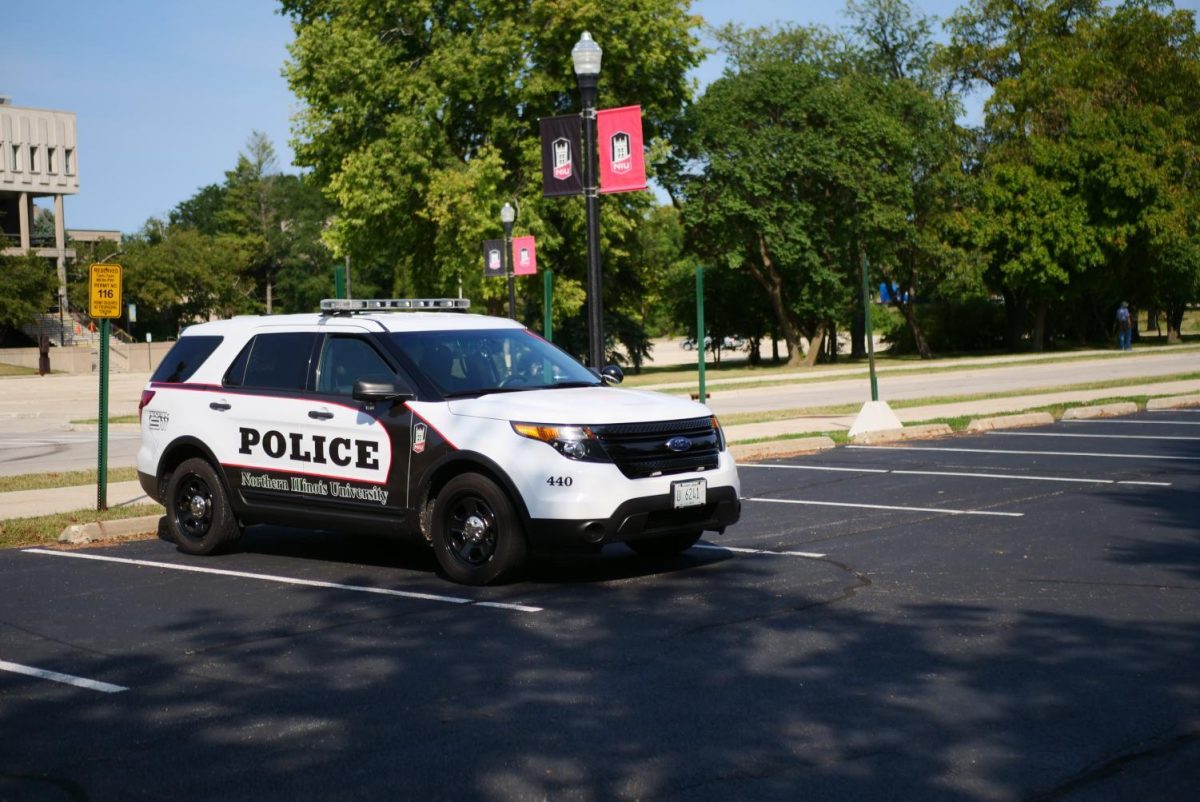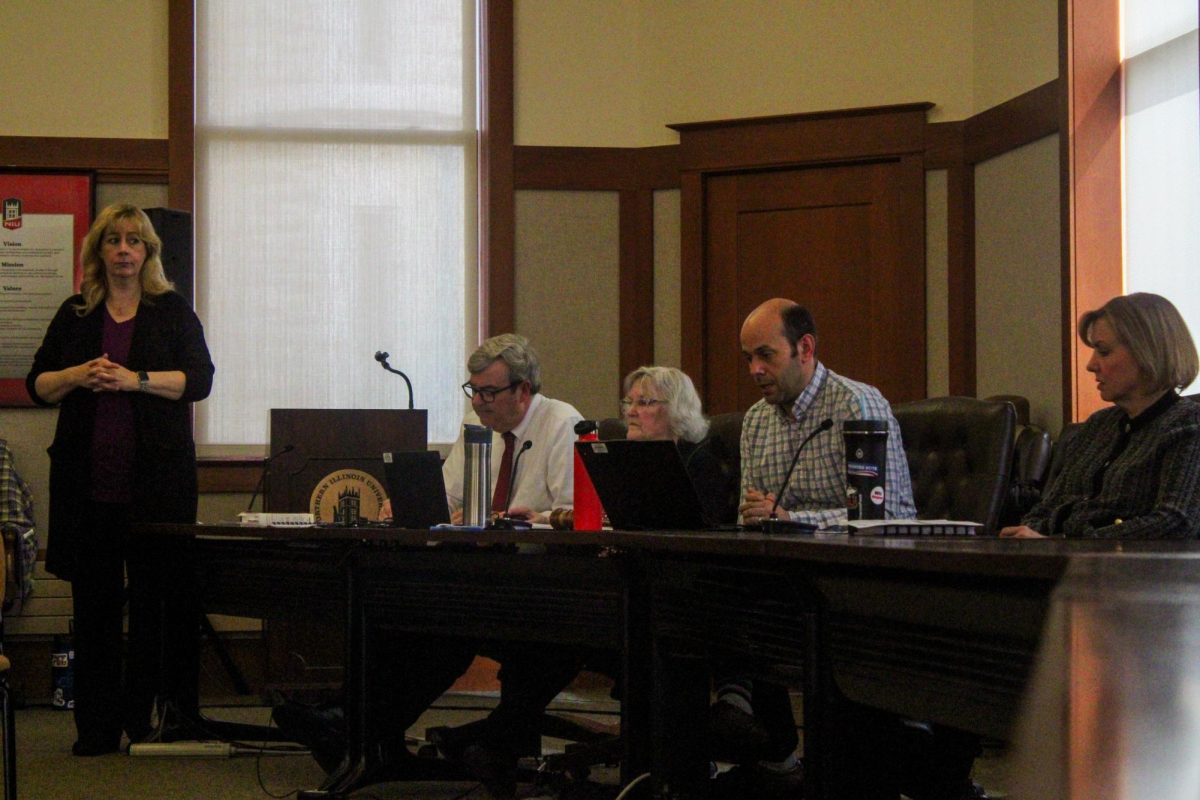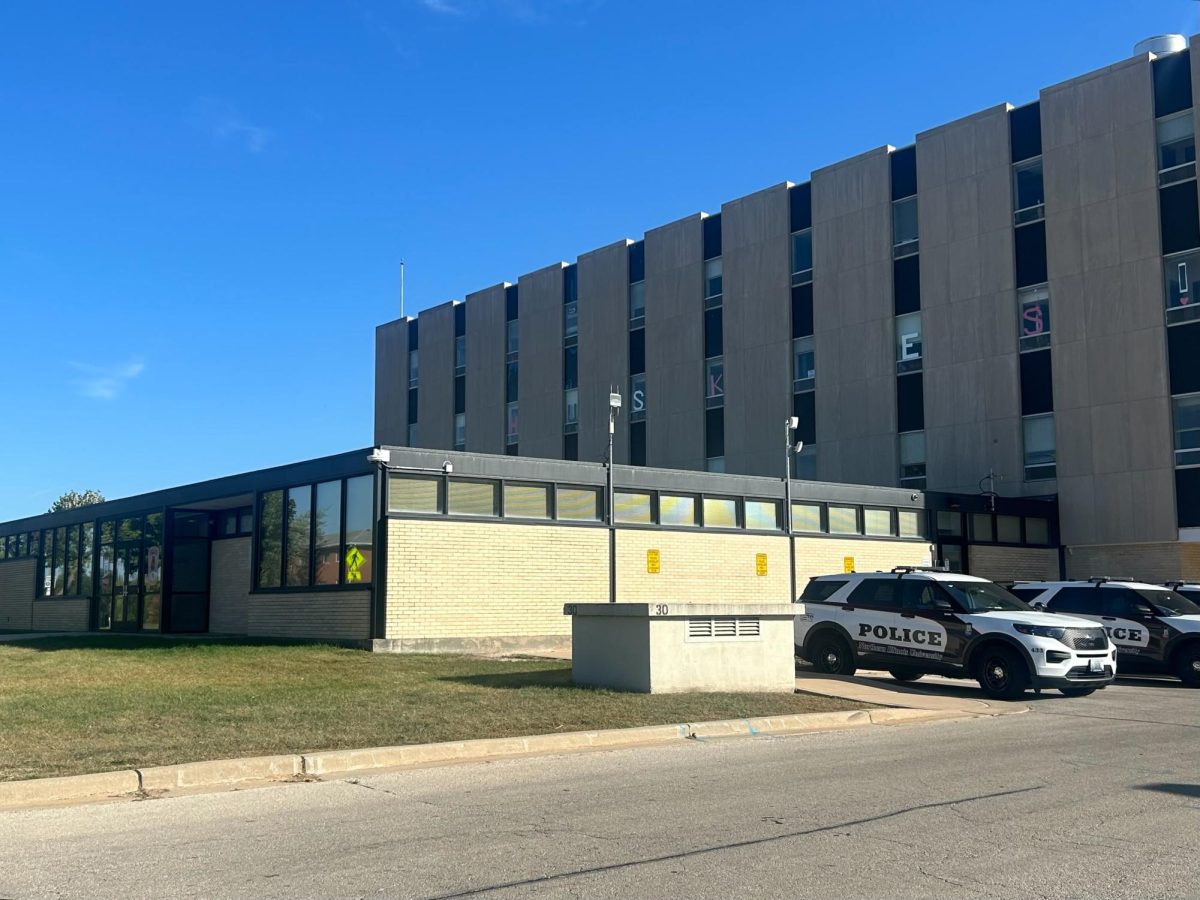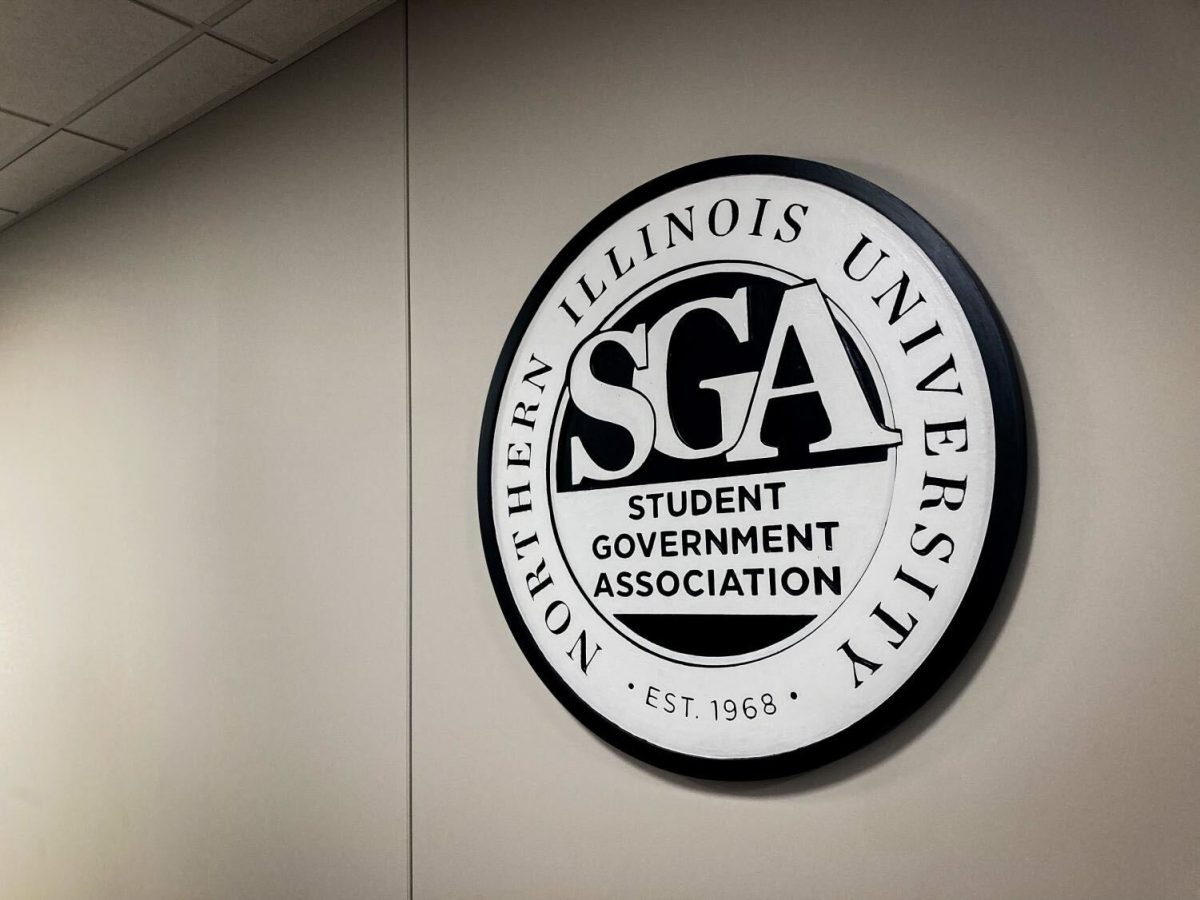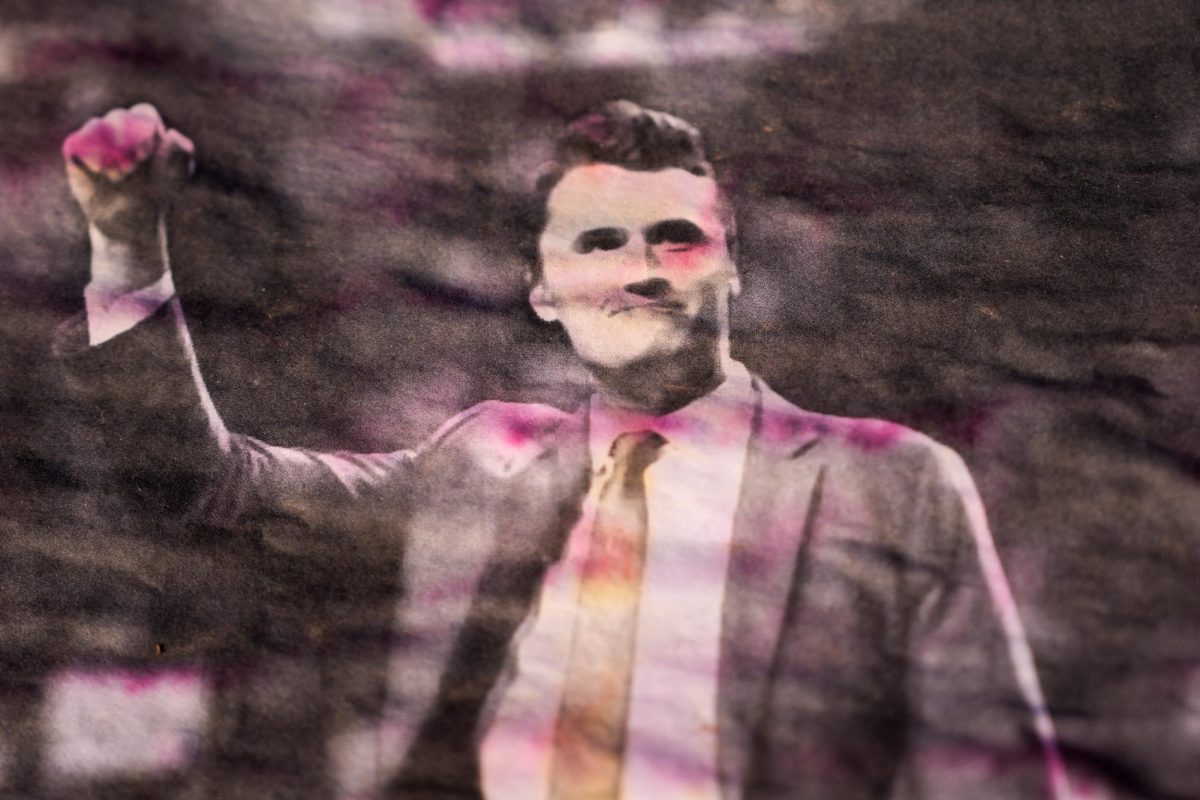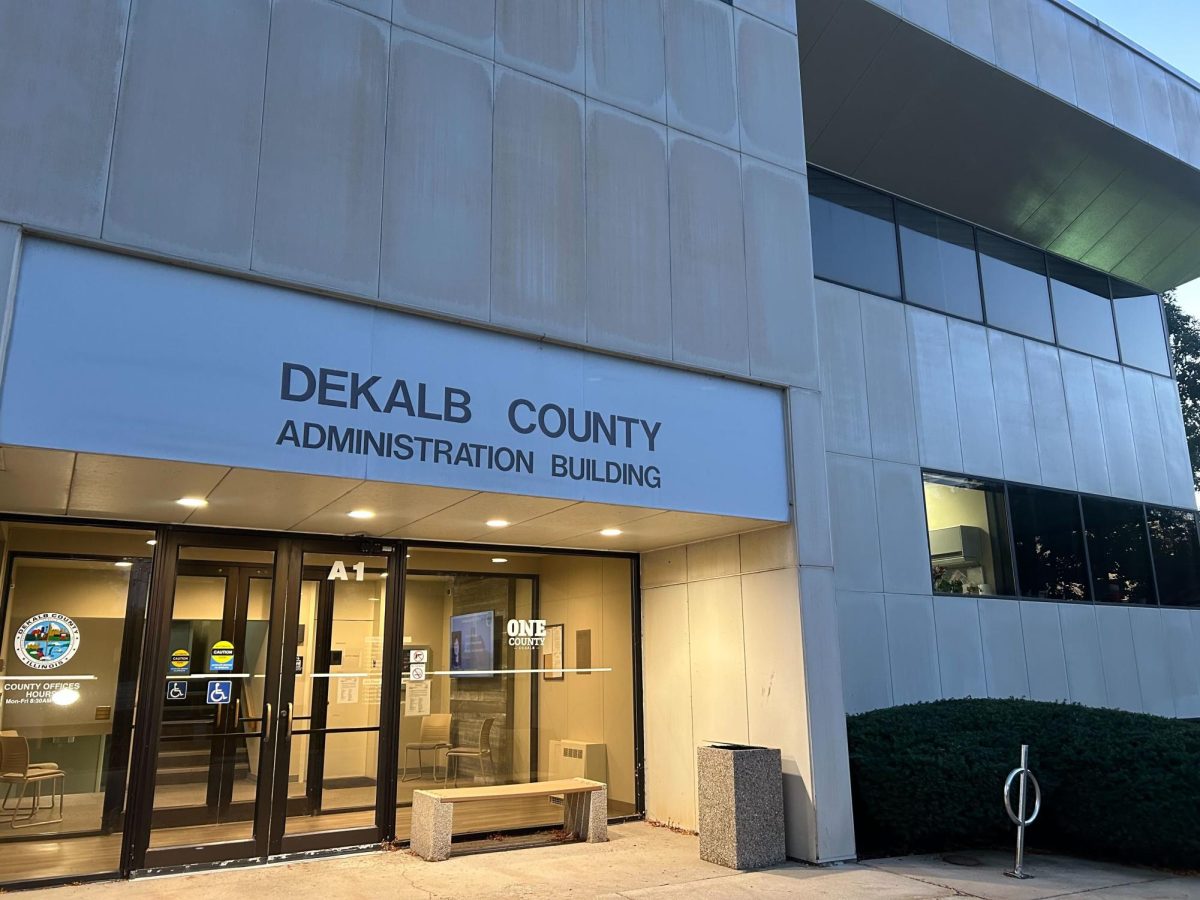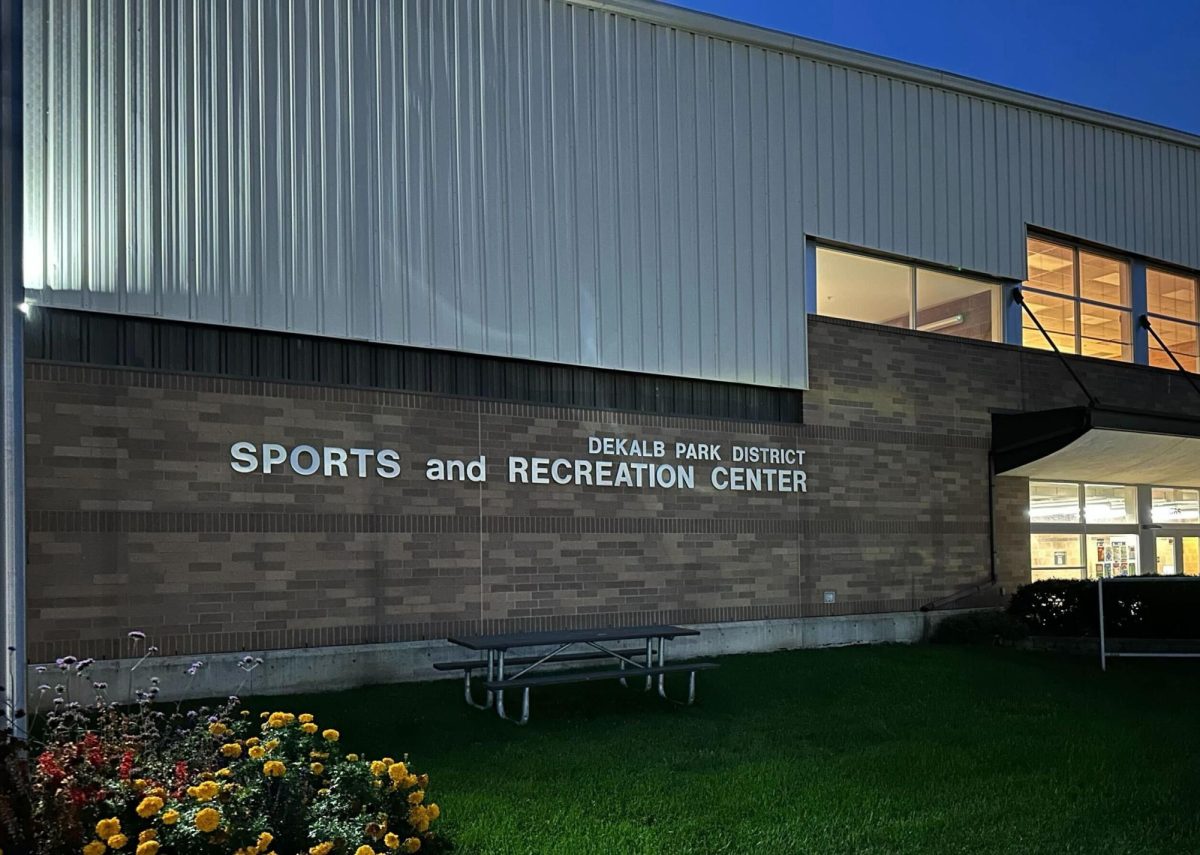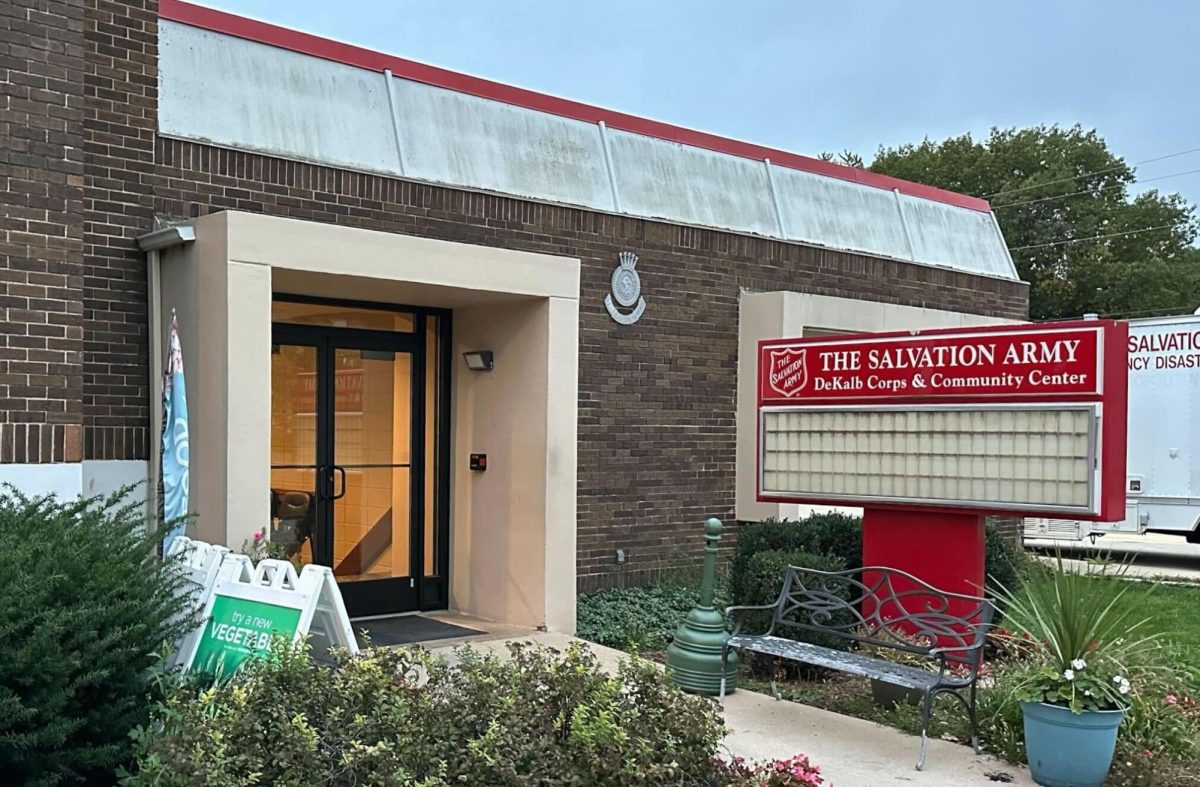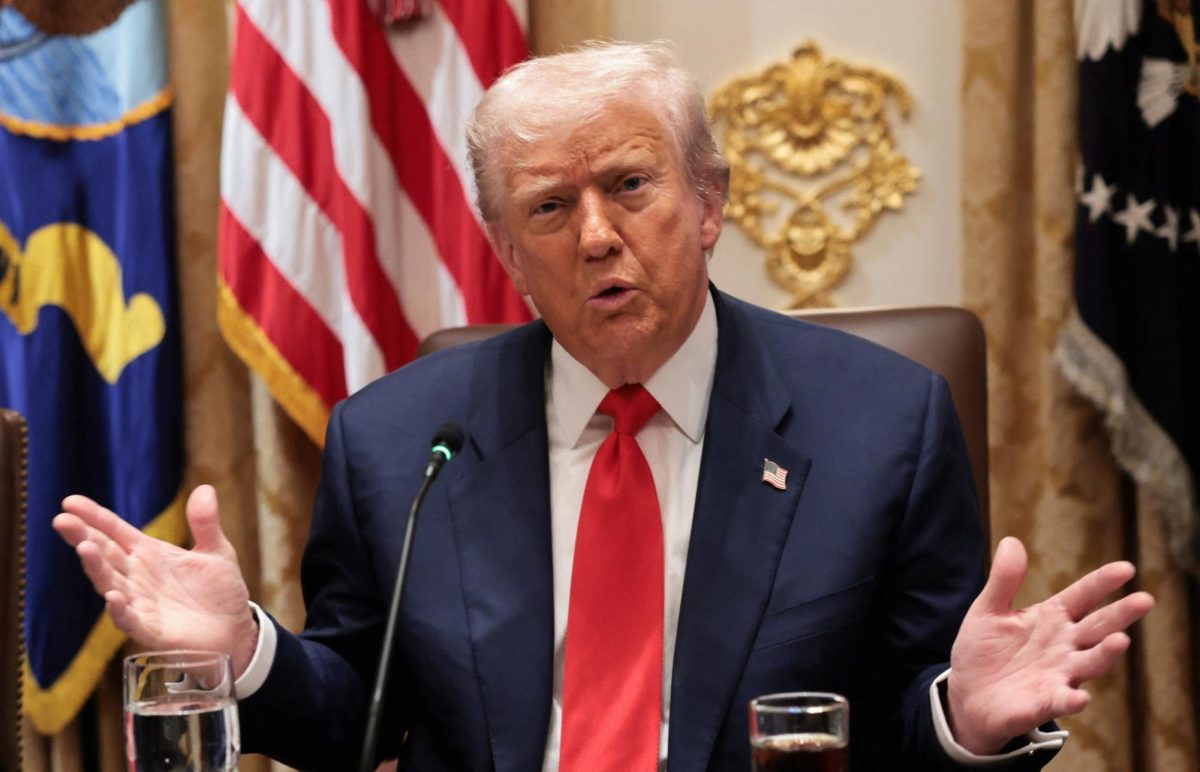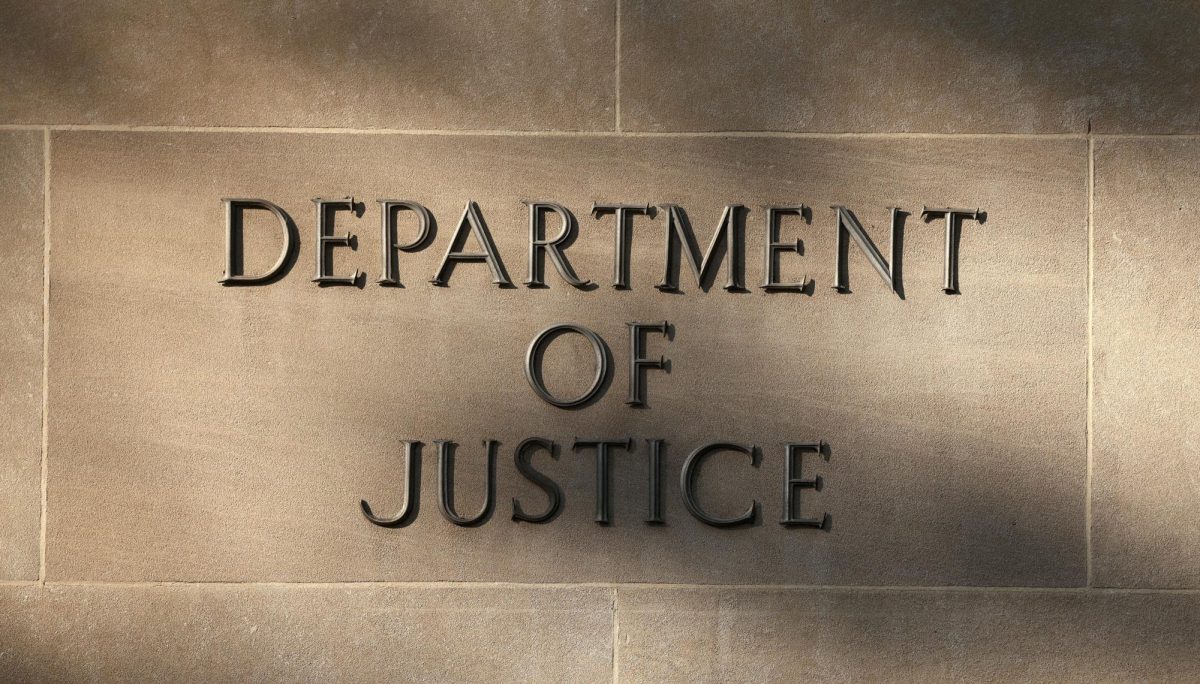DeKALB – The Center for Black Studies hired its newest director, Marlon Millner. Millner took some time to speak to the Northern Star about his position, goals and plans for the center.
WHY DID YOU DECIDE TO TAKE THIS JOB?
“Well, a job is better than no job, so getting an offer was a milestone and achievement in and of itself. But the reason this position was attractive to me and I pursued it was because I wanted an opportunity to work with Black students generally and broadly, and to do work in the field of Black studies. As director of the center, I get to achieve both of those objectives, and that was very important to me.”
“My area of training is religious studies, so many of the opportunities I was considering were to be a postdoctoral fellow in that area. But, that is not Black studies, nor would it have guaranteed me the opportunity to focus on serving Black descendant students, and so, while that’s my area of training, I am also trained in Black studies, but I moved through a religious studies program for my Ph.D. So, Northern Illinois brought all of those things together, those two coils.”
WHAT ARE THE SPECIFICS OF YOUR ROLE AS THE DIRECTOR OF THE CENTER FOR BLACK STUDIES?
“As a director, I have a mid-level management position at the university. So, in my position, I directly report to a university vice president who directly reports to the university president, so I’m not in a senior level, but I’m in a mid-level where I have responsibility for people, for a financial budget and a physical building, the structure, the center.”
“I know a lot of students will expect the director to always be available to interact with them in small groups and one-on-one, but I want them to appreciate that when they enjoy any staff person that works here other than me, when they get money from us to do programming and activities, and when they enjoy just being in this building to have lunch, to do classes, to just gather and socialize, that I’m the one working when they don’t have direct access to me to make sure that all of this not just survives, but thrives for their own personal thriving. So, management calls me to be engaged in lots of activities that don’t always directly interface with students, but all of which directly and positively impact students.”
WHAT DO YOU BRING TO THE TABLE THAT WILL MAKE THE CENTER FOR BLACK STUDIES DIFFERENT?
“Well, the center is already an excellent entity on campus. It’s already a great space with a strong academic program and resource programming for students. The things that I will attempt to build upon, that leverage my own background and skills, are the ability to broaden our impact. So, we engage maybe a few hundred students a year through our courses, through our programs, through our activities. I bring an approach to outreach that I think will cause us to significantly increase our number, the number of students we’ve had quality touches, quality interactions with.”
“The second thing is I’ve had some experience raising money to do projects. When I was at Northwestern – which is the institution I came to Northern Illinois from – when I was at Northwestern University, we raised over $100,000 to do scholarly programming and conference work around what I would call Black studies, and so I believe I’m in a position to build on that here, and so I hope to leverage the past success. I hope to leverage some of those academic foundations and fill up that philanthropic connections to generate resources.”
DO YOU HAVE ANY PLANS FOR THE CENTER CURRENTLY OR IN THE FUTURE? IF SO, WHAT ARE THEY?
“The biggest plans are now to grow the center, and the two things I would like to mention that students might be interested in, you saw it when you came in, students see when they come in is a sign celebrating our 50-year history. This center was started in 1971, and we have a long history, but students at the university as a whole never really got a chance to celebrate it due to the pandemic.”
“But we’re past that phase where of course we were not meeting in person and activities were not happening on campus. But, because of that global health disruption, we didn’t really celebrate our history the way we need to. So one of the things I have in store for the center now, three years later on our 53 anniversary year, we’re gonna celebrate our more than 50-year history and help students make connections to alumni and to what in many African traditions we call ancestors, who have been so important for why we’re here today.”
“The second thing is we want to empower Black organizations, in particular, Black women student organizations. The center is known for doing mentoring and retention programming with Black men. We have to match that, and I don’t necessarily think about these things along the gender binary, but simply put, others are left out when we simply focus on Black male-identified men, and we want to focus on a long, rich, Black, feminist tradition that will help us lift the voices of Black cis and trans women in this campus doing incredible stuff, and so that’s going to be a huge to have some programming that we financially support, but that is driven by these Black women’s student groups on campus.”
YOU MENTIONED IN AN INTERVIEW WITH NIU TODAY THAT YOU ALSO INTEND TO TEACH AT LEAST ONE BLACK STUDIES COURSE IN THE SPRING, WHICH CLASS DO YOU HAVE IN MIND, AND WHAT MADE YOU WANT TO DO THIS?
“So we’re on the books to teach a course about Black religion, and so that’s a course that will be offered in the spring semester. It’s going to have 30 seats in it. I hope students will go register, fill it up. It’s going to be a course that’s under the name Black, we are looking at diverse traditions and diverse geographies.”
“It’s not primarily a course about, say Black Christians in the United States. That would be a misunderstanding. This is a course that’s going to have unique opportunities to study Yoruba and Orisha-inspired traditions like Santeria and Candomblé.”
“It’s going to be an opportunity to study unique new religious movements like the Nation of Islam or the Black Hebrew Israelites, and it’s going to be an opportunity to study the way Black-descended people have taken up traditions that may not have been there like Buddhism. We’re going to look at these traditions, across a wide geography that I call the Black Atlantic, which will include Africa, the Americas, including the Caribbean and Europe.”
WHAT IS SOMETHING THE STUDENTS MUST KNOW?
“I think that the Center for Black Studies has something for everyone. Everyone can benefit from the work we do. We’re in the knowledge producing and knowledge dissemination business, and students are here to fundamentally learn to gain knowledge, so any student who is not knowledgeable about Black traditions, Black modes of thinking and practice can be enriched by taking our courses.”


